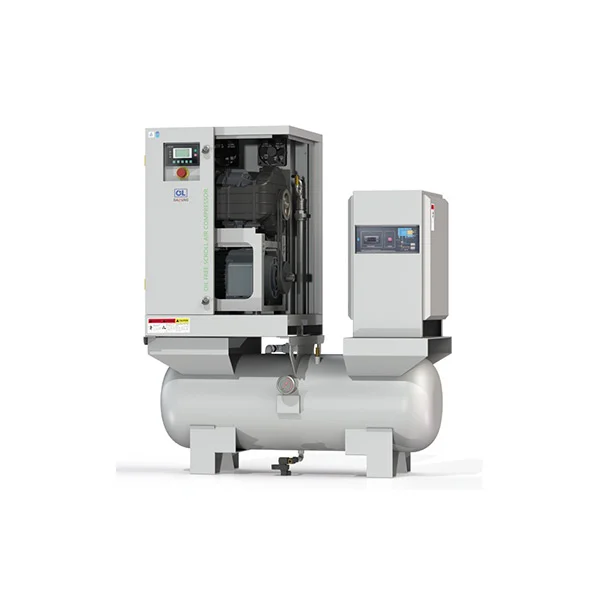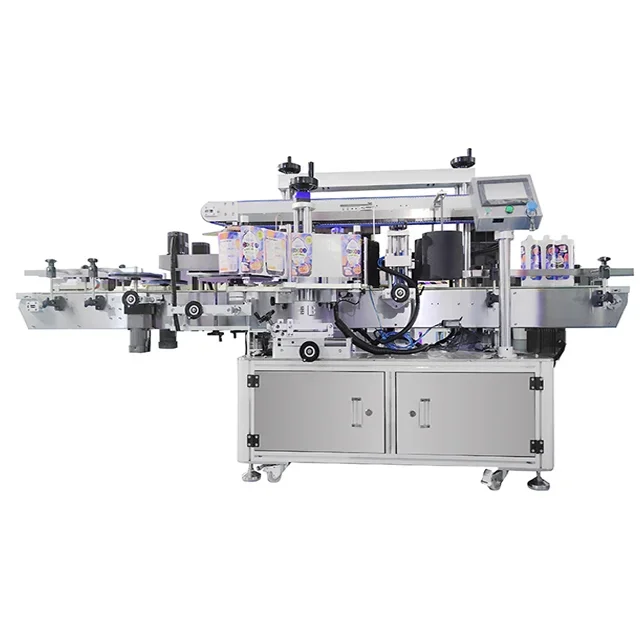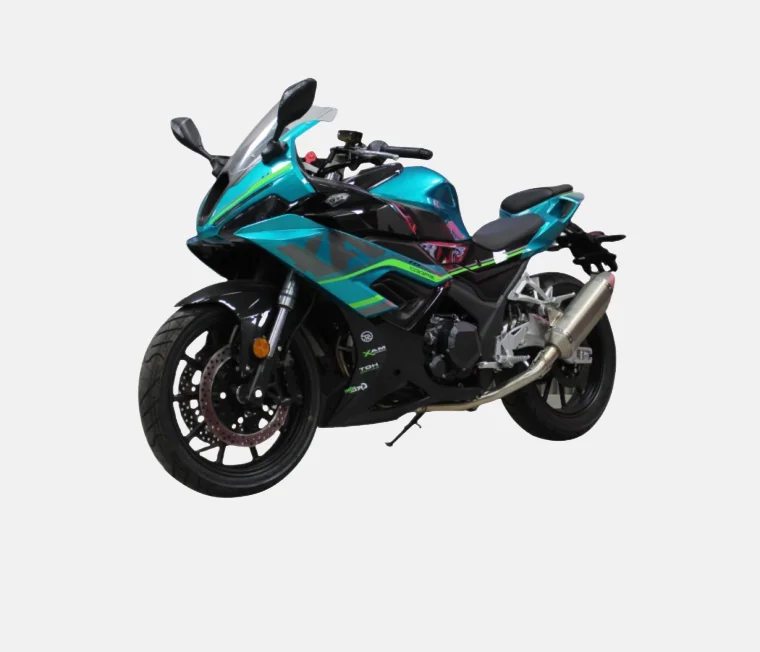How to identify the quality of roller chains?

Roller chains play an indispensable role in many industrial and mechanical transmission systems. With its high reliability, high transmission efficiency, and strong load-bearing capacity, it has become a key component in power transmission and mechanical operation. However, the quality of roller chains on the market varies greatly. The performance difference between a high-quality roller chain and a low-quality chain directly affects the operating efficiency and life of the entire system. Therefore, knowing how to distinguish the quality of roller chains is crucial to ensure stable operation and extend the service life of the machinery.
First, we need to understand the various components that make up the roller chain. A typical roller chain consists of inner link plates, outer link plates, pins, rollers, and springs (or elastic locks). The quality of these components, as well as how they are assembled, jointly determine the performance of the entire chain.
Next, we will discuss in detail the aspects of material quality, manufacturing process, heat treatment effect, assembly accuracy, and surface treatment, to provide readers with a comprehensive and effective identification method.
Material quality: High-quality roller chains usually use high-quality alloy steel as raw materials, such as ISO standard 80, 100, and 120 alloy steel. These materials have good strength, toughness, and wear resistance. You can verify whether the material meets international standards such as ISO, DIN, or ANSI by checking the product material report and certificate.
Manufacturing process: The Precision manufacturing process is one of the signs of a high-quality roller chain. Every link of the chain, including cutting, forming, grinding, and assembly, needs to be precisely controlled. The process level can be judged by observing whether the various parts of the chain are uniform and fine and whether there are obvious processing marks.

Heat treatment effect: Heat treatment is a key step to improve the quality and load-bearing capacity of the roller chain. The correct heat treatment process can not only enhance the tensile strength of the chain but also improve its fatigue life. By checking the hardness test report of the chain, you can evaluate whether its heat treatment effect meets the requirements. For example, the standard hardness range of an 80-grade chain is usually between HRC 34-44.
Assembly accuracy: The assembly accuracy of the roller chain directly affects the stability and noise level of the chain during transmission. High-quality roller chains have good consistency during the assembly process, and each part can be accurately matched. The assembly accuracy can be judged by measuring the dimensional consistency between rollers and checking the overall straightness of the chain.
Surface treatment: Good surface treatment can improve corrosion resistance and reduce the wear of roller chains. Common surface treatment methods include electroplating, heat treatment, and spraying. High-quality roller chains have smooth surfaces, no rust, and uniform coating. Checking the chain for uneven color, peeling or rust can help identify the quality of its surface treatment.
Brand and supplier reputation: Finally, examining the brand reputation and supplier history of roller chains is also an important aspect of judging quality. Well-known brands usually have high-quality standards and good after-sales service. By consulting feedback within the industry, customer reviews, and the review results of third-party certification agencies, you can understand the reputation and product quality of suppliers.
Based on the above points, it takes a multi-angle and comprehensive evaluation to distinguish the quality of roller chains. From raw material selection to processing technology, to heat treatment effect and assembly accuracy, every link cannot be ignored. At the same time, dynamic testing and brand reputation considerations are also extremely important. Only through such a rigorous evaluation process can we ensure that high-performance and reliable roller chain products are selected to ensure the efficient and stable operation of mechanical systems.
In practical applications, it is recommended that users should not rely solely on price factors when choosing roller chains, but should pay more attention to the comprehensive performance of the product and the service guarantee of the supplier. In addition, regular inspection and maintenance of roller chains are also necessary measures to ensure their long-term stability and reliability. Through the above analysis, it is hoped that users will have a deeper understanding of how to distinguish the quality of roller chains, and will be able to use this knowledge to make more informed decisions in the future purchase and use process.
As a roller chain manufacturer, we are committed to providing high-quality and reliable roller chain products to meet customer needs. We have advanced production equipment and a technical team that can flexibly respond to roller chain manufacturing of different specifications and requirements. At the same time, we focus on quality control and ensure that each roller chain meets international standards and customer requirements through strict inspection and testing processes.
www.qj-chain.com
Hangzhou Qianjiang Chain Industries Co., Ltd.



